
MKD025B-058-GG0-KN如此重的转子具有相当大的惯性,这也是电力系统被称为惯性系统,能保持安全稳定运行的前提。同样也是为什么风电和太阳能这种间歇性电源对传统电源提出挑战的原因。
PLC0先是替代机械开关装置,随后PLC的功能逐渐代替了继电器控制板,现代PLC具有更多的功能,其用途从单一过程控制延伸到整个制造系统的控制和监测。
PLC技术在工业自动化、物联网控制等领域的应用
以目前来看,PLC技术广泛应用于工业自动化、汽车电子、交通运输、物联网控制等各个行业,它在这些领域的作用大致可分为四大类。
一、用于实现各种运动控制
PLC控制器是一种具有微处理机的数字电子设备,用于自动化控制的数字逻辑控制器,可以将控制指令随时加载内存内储存与执行,可编程控制器由内部CPU,指令及资料内存、输入输出单元、电源模组、数字模拟等单元所模组化组合成。PLC控制器可以用于圆周运动或直线运动的控制,如今主要的PLC控制器产品几乎都有运动控制功能,它运用在各种机械、机床、机器人、电梯等场合。
从控制机构配置来说,早期直接用于开关量I/O模块连接位置传感器和执行机构,现在一般使用专用的运动控制模块,如可驱动步进电机或伺服电机的单轴或多轴位置控制模块。
二、实现工业的过程控制
作为工业控制计算机,PLC控制器能编制各种各样的控制算法程序,完成闭环控制,在工业过程控制中,PLC主要是对温度、压力、流量等模拟量等参数进行闭环控制。大中型PLC都有PID模块,PID调节是一般闭环控制系统中用得较多的调节方法,目前许多小型PLC控制器也具有此功能模块。
三、实现相关的数据处理
现代的PLC控制器具有数学运算、数据传送转换等功能,可以完成数据的采集、分析及处理;这些数据可以与存储在存储器中的参考值比较,完成一定的控制操作,也可以利用通信功能传送到别的智能装置。在大型的控制系统,如无人控制的柔性制造系统中,PLC控制器是核心部件之一。
四、PLC通信和物联网
工业物联网大势所趋,未来PLC通信和物联网的相关技术将备受欢迎。通常的PLC控制器通信含有PLC控制器间的通信及PLC控制器与其它智能设备间的通信。随着工控自动化的发展,各PLC控制器厂商都十分重视PLC控制器的通信功能,纷纷推出各自的网络系统,新的PLC控制器都具有通信接口,通信非常方便。
PLC技术在工控和物联网市场大有可为
未来PLC技术的三大特点
1、微型化、集成度越来越高:随着市场对微型、集成度的要求,PLC技术更多的集成到工业、汽车、通讯等产品当中。PLC产品的特性是控制和数据处理,在满足功能的同时,工艺上的要求也更加精细化。
2、智能PLC技术:随着AI技术的发展,更多的产品被赋予智能功能,PLC也不例外。如应用在工控的PLC的智能I/O模块和汽车上的智能温度控制模块等,未来智能PLC技术还将有更多的应用场景。
3、多样化的PLC技术:其中包括与PLC相关的编程语言和工具,随着应用场景的深入,一种或几种编程语言是无法实现所有的功能,定制化的PLC产品会增加,PLC模块化的技术也会增多。
中国的PLC市场潜力巨大如今PLC技术发展迅速,据统计,全球约有三百多PLC生产厂家、五百多种PLC产品,美国、欧洲、日本是主要的生产地,市场份额超六成。美国有A-B公司、通用电气、莫迪康;德国的西门子、AEG公司;法国的TE公司;日本的三菱、欧姆龙、松下等均是0名的PLC供应商。
近年来,随着国家和企业的重视,我国的PLC行业保持高速增长,国内也诞生了台达、汇川、合信、亿维,科威和利时等有一定影响力的企业。据相关数据显示,2017年我国 PLC 市场规模百亿元,预计2018年将保持20%的增长率。国内的PLC产品具有非常好的性价比和服务,这给它们带来了良好的口碑和市场 。 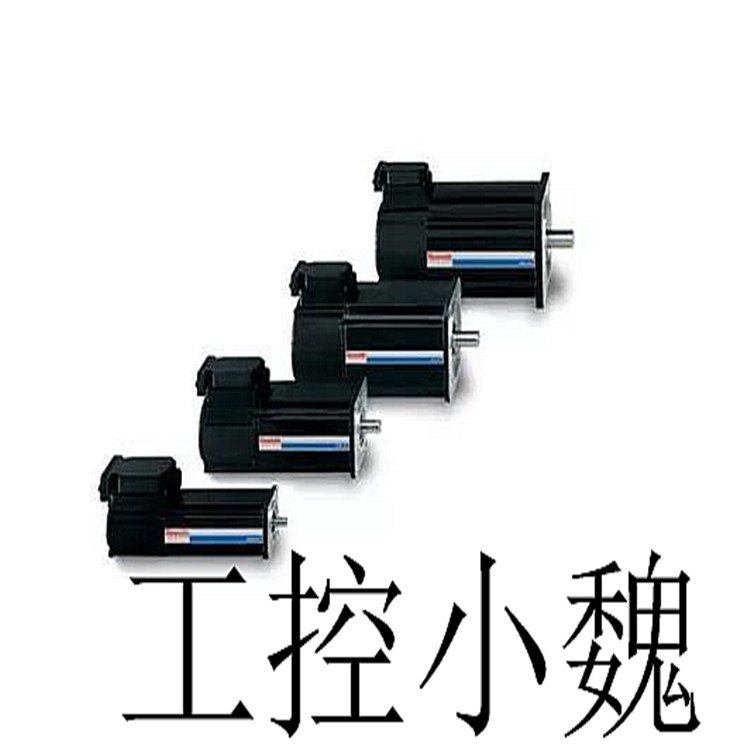
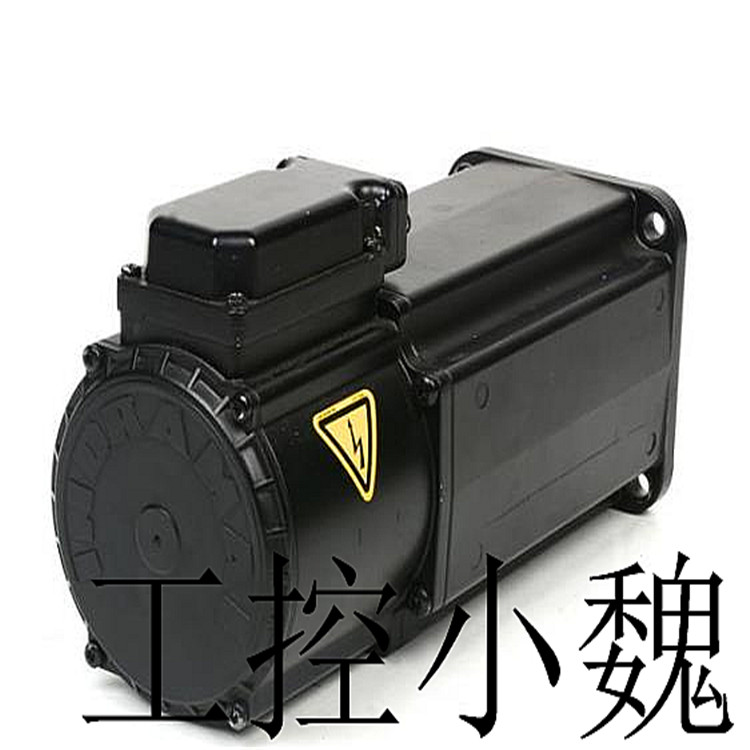
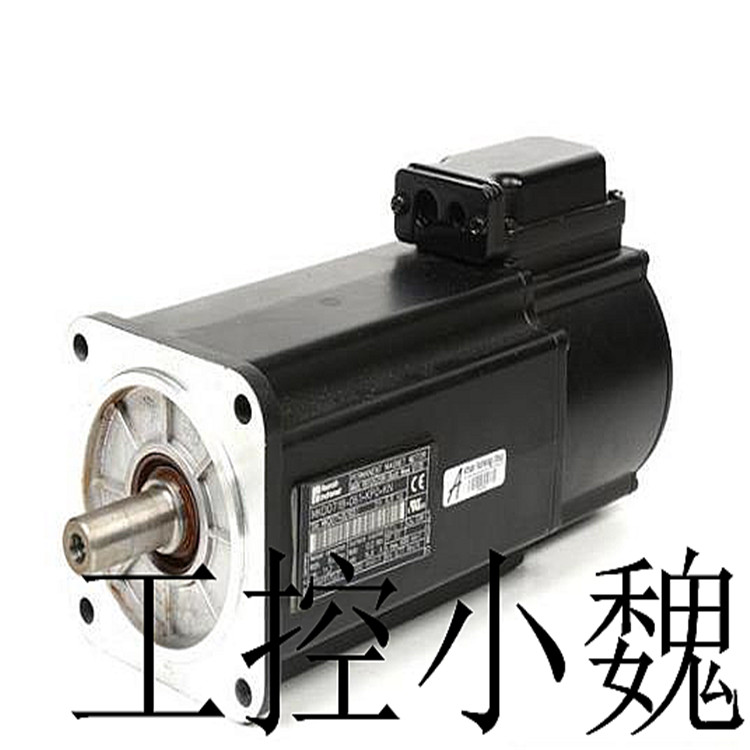
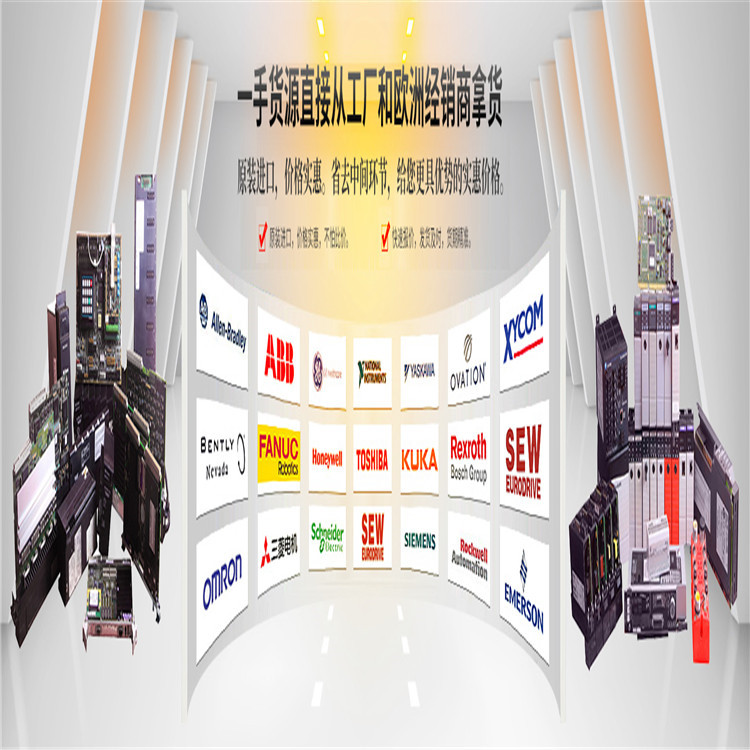
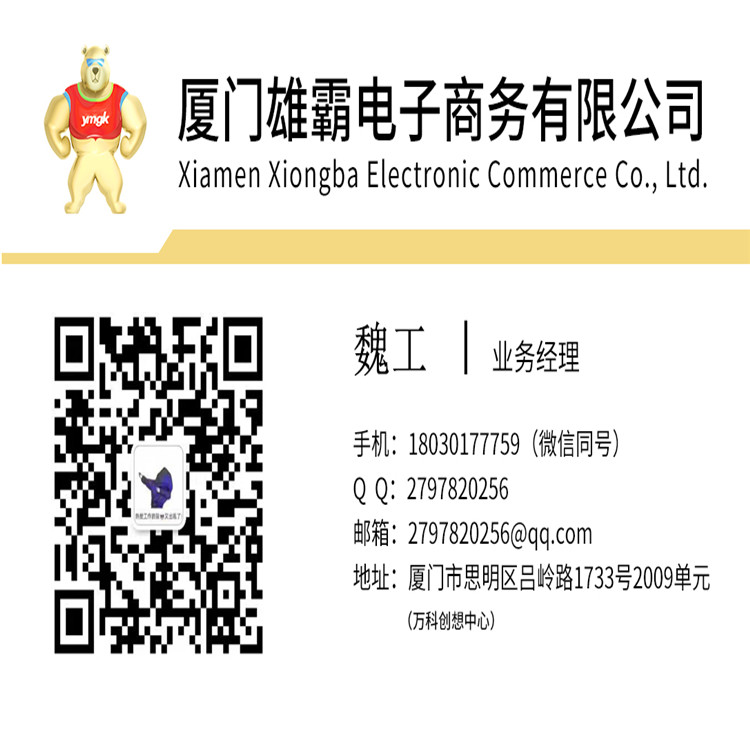
随着电气化程度的不断提升,铁路已经被重塑为可持续和节能的交通方式。ABB在华积极参与各地轨道交通建设,为交流/直流变电站、客运站房建筑、控制和信号装置、隧道、机车车辆提供坚实可靠的电力保证,推动省际和城际间的互联互通,成功项目包括京沪高铁、青藏铁路以及北京、上海、广州、长沙等众多轨道交通项目。作为ABB Ability™ Building Ecosystem建筑生态系统的一部分,“新建筑生态系统”合作伙伴计划为商业建筑领域从事可持续发展、能源管理和脱碳解决方案的供应商们提供了协作进入市场的途径。
Major foreign frequency converter manufacturers have formed a series of products, and their control systems have also achieved full digitalization. Almost all products have vector control function, and the perfect process level is also a foreign feature. In developed countries, as long as there are motors, there will be frequency converters at the same time. Its current development is mainly shown as follows:
① Technology development started early and has a considerable scale of industrialization.
② The frequency converter that can provide extra large power has exceeded 10000kw.
③ The technical standards of frequency conversion and speed regulation products are relatively complete.
④ The supporting industries and industries related to frequency converters have begun to take shape.
⑤ It can produce power devices in frequency converters, such as IGBT, IGCT, sgct, etc.
⑥ High voltage inverter is widely used in various industries and has achieved remarkable economic benefits.
⑦ Internationalization and localization of products have intensified.
⑧ New technologies and processes emerge in endlessly, and are widely and rapidly applied to products.
Future situation
AC variable frequency speed regulation technology is a comprehensive technology of strong and weak current mixing and electromechanical integration. It not only deals with the conversion of huge electric energy (rectification and inversion), but also deals with the collection, transformation and transmission of information. Therefore, it must be divided into two parts: success rate and control. The former should solve the technical problems related to high voltage and large current, and the latter should solve the software and hardware control problems. Therefore, in the future, high-voltage variable-frequency speed regulation technology will also be developed in these two aspects, mainly as follows:
① High voltage inverter will develop in the direction of high power, miniaturization and lightness.
② High voltage inverter will develop in two directions: direct device high voltage and multiple superposition (device series and unit series).
③ New power semiconductor devices with higher voltage and greater current will be used in high voltage converters.
④ At this stage, IGBT, IGCT and sgct will still play a major role, and SCR and GTO will withdraw from the inverter market.
⑤ The application of speed sensorless vector control, flux control and direct torque control will be mature.
⑥ Fully realize digitization and automation: parameter self setting technology; Process self optimization technology; Fault self diagnosis technology.
⑦ The application of 32-bit MCU, DSP, ASIC and other devices to achieve high-precision, multi-function inverter.
⑧ Relevant supporting industries are moving towards industrialization and large-scale development, and the social division of labor will be more obvious. With the further deepening of technical research, domestic high-voltage converters can be compared with imported converters in theory and function, but due to the limitations of technology, the gap with imported products is still obvious. These conditions are mainly reflected in the following aspects:
① Major foreign products are stepping up their occupation of the domestic market and accelerating the pace of localization.
② The R & D capacity and industrialization scale are increasing year by year.
③ The power of domestic high-voltage inverter is also increasing. At present, the domestic application has achieved 20000KW.
④ The technical standards of domestic high-voltage inverter need to be standardized.
⑤ The industry supporting high-voltage inverter is very underdeveloped.
⑥ The production process is general, which can meet the technical requirements of frequency converter products, and the price is relatively low.
⑦ The key components of power semiconductors used in frequency converters are completely imported, and will be imported for a long time.
⑧ The technological gap with developed countries is narrowing, and products with independent intellectual property rights are being applied in the national economy.
⑨ A frequency converter has been developed with the functions of instantaneous power failure recovery and fault recovery.
⑩ Some manufacturers have developed high-voltage frequency converters with four quadrant operation. With the rapid development of modern power electronic technology and computer control technology, the technical revolution of electric drive has been promoted. AC speed regulation replaces DC speed regulation, and computer digital control replaces analog control has become a development trend. AC motor variable frequency speed regulation is a main means to save electric energy, improve production process, improve product quality, and improve the operating environment. Variable frequency speed regulation is recognized as a promising speed regulation mode at home and abroad because of its high speed, high power factor, excellent speed regulation and starting and braking performance.
The previous high-voltage inverter, which was composed of silicon controlled rectifier, silicon controlled inverter and other devices, had many shortcomings and large harmonics, which had an impact on the power grid and motor. Some new devices developed will change this situation, such as IGBT, IGCT, sgct and so on. The high-voltage inverter composed of them has excellent performance and can realize PWM inverter, even PWM rectifier. It not only has low harmonics, but also improves the power factor to a great extent.
Industry characteristics frequency converter is a kind of equipment that can make the motor run at variable speed and achieve energy-saving effect. Traditionally, the motor with rated voltage between 3KV and 10kV is called high-voltage motor. Therefore, the frequency converter developed for the motor running in the environment of 3KV to 10kV High voltage is generally called high-voltage frequency converter. Compared with low-voltage inverter, high-voltage inverter is suitable for variable-frequency speed regulation of high-power wind power and water pump, and can receive significant energy-saving effect.
With the increasing demand for energy conservation and environmental protection and the accelerated pace of equipment upgrading and transformation, China's high-voltage inverter industry has shown a steady growth trend. The market size increased from 1.1 billion yuan in 2005 to 6.3 billion yuan in 2011, with an annual compound growth rate of 35.4%; Its proportion in frequency converters also increased from 12.9% in 2006 to 22.8% in 2011. In 2012, with the improvement of frequency conversion rate, the growth rate of high-voltage inverter market is expected to reach 34.92%. China's high-voltage inverter industry should have the following operating characteristics 1. usage:
• properly ground the ACS 800, motor and connected equipment, so as to ensure the safety of workers and reduce electromagnetic radiation and interference in any case.
• make sure that the cross-sectional area of the grounding conductor is large enough to meet the requirements of Safety specifications.
• the grounding terminals of multiple ACS 800 cannot be connected in series.
• in the installation sites that comply with European CE standards and other places where EMC radiation must be reduced, the cable inlet should maintain 360 ° high-frequency grounding to suppress electromagnetic interference. In addition, the cable shield must be connected to the protective earth wire (PE) to comply with safety regulations. • In power systems with floating ground or high ground resistance (>30ohms), do not install frequency converters with EMC filters (optional options are +e202 or +e200).
2. Only qualified electrical engineers are allowed to install and maintain the transmission unit.
• it is forbidden to install or repair the transmission unit, motor cable or motor with electricity. After cutting off the input power supply, wait for at least 5 minutes, and then operate after the discharge of the capacitor of the intermediate circuit. A multimeter (impedance of at least 1 megohm) should also be used to measure to determine 1. The voltage between the transmission input phases U1, V1, W1 and the cabinet frame is close to 0V 2. The voltage between terminals udc+ and udc- and the cabinet frame is close to 0V
• it is forbidden to operate the control cable when the transmission unit or external control circuit is energized. Even if the main power supply of ACS 800 is powered off, there may still be dangerous voltages introduced by external control circuits.
• all insulation tests must be carried out with the cable disconnected.
• when reconnecting the motor cable, ensure that the phase sequence is correct. be careful:
• no matter whether the motor is running or not, as long as the input power of ACS 800 drive is connected, there will be dangerous high voltage at the cable terminals of the motor.
• the brake control terminals (udc+, udc-, r+ and r- terminals) have dangerous DC high voltage (greater than 500 V).
• when the relay output terminals RO1 ~ ro3 are connected with 115 V or 220 V (230 V), there is a dangerous high voltage. This CPU model pm3328b-6-1-3-e is used as a controller, i/o system and special module to meet the needs of flexible industrial solutions. In addition, it is equipped with 32KB user memory, 4K i/o, 8 racks and 0.22msec/k logic execution. It is compatible with Ethernet, various bus modules, control and other advanced modules. The module adopts a single overall structure design, which is very suitable for thousands of applications, such as complex motion control, mining, water treatment, elevator control, high-speed packaging, injection molding, material processing, food processing, continuous emission monitoring, etc. By configuring only the systems you need, you can save critical space and reduce costs. In addition, it can also adapt to a wide range of applications, such as digital interfaces (for buttons, switches, proximity sensors, relays, contactors and many other devices), analog modules (with different resolutions for flow, temperature or pressure applications), pm3328b-6-1-3-e direct connection wiring or remote terminals, and local or remote i/o systems.
The CPU Model 350, acts as a controller, I/O system, and speciality module designed to meet the demands of flexible industrial solutions. Among other things, it comes with 32Kbytes user memory, 4K I/O, 8 Racks and a logic execution of 0.22msec/K. It is compatible with advanced modules such as Ethernet, various bus modules, and control. Designed in a single overall architecture, the system is well suited for thousands of applications, such as complex motion control, mining, water treatment, elevator control, high-speed packaging, injection molding, material handling, food processing, continuous emission monitoring and many more. By configuring just the system you need, you save critical space and reduce cost. Furthermore, IC693CPU350 can also be adapted to a wide range of applications such as: digital interfaces (for push buttons, switches, proximity sensors, relays, contactors and many other devices), analog modules (with varying degrees of resolution for flow, temperature or pressure applications), direct connect wiring or remote termination and local or remote I/O systems. 1. Functions of redundant hot standby control system Schneider PLC redundant hot standby control system has the following functions: ① application memory space ② system sending
Memory ③ function block ④ configuration ⑤ micro terminal on the front panel ⑥ periodic transmission of application data ⑦ program difference monitoring ⑧ ensure PLC memory
Consistency of content ⑨ automatic exchange of communication port address ⑩ automatic exchange mechanism during communication
2. Characteristics of redundant hot standby control system Schneider PLC redundant hot standby control system has the following characteristics: ① advanced synchronization mechanism is adopted; ② System
The switching time is less than 100ms, usually less than 20~30ms; ③ Stronger performance, thanks to the internal structure of high-end CPU and integrated working memory; ④ Human nature
It is easy to use, with built-in keyboard and automatic program transmission, and does not need a separate redundant software option package. 1. Functions of redundant hot standby control system Schneider PLC redundant hot standby control system has the following functions: ① application memory space ② system sending
Memory ③ function block ④ configuration ⑤ micro terminal on the front panel ⑥ periodic transmission of application data ⑦ program difference monitoring ⑧ ensure PLC memory
Consistency of content ⑨ automatic exchange of communication port address ⑩ automatic exchange mechanism during communication
2. Characteristics of redundant hot standby control system Schneider PLC redundant hot standby control system has the following characteristics: ① advanced synchronization mechanism is adopted; ② System
The switching time is less than 100ms, usually less than 20~30ms; ③ Stronger performance, thanks to the internal structure of high-end CPU and integrated working memory; ④ Human nature
It is easy to use, with built-in keyboard and automatic program transmission, and does not need a separate redundant software option package.
As the project "has high-speed rail on the top floor, ordinary speed on the ground and subway on the underground", its daily operation involves the safety of more than 100000 passengers, and the safety and reliability of the power supply system is very important. ABB's distribution solution improves the safety and reliability of the distribution system through the overall optimization design and the selection of components with leading technology, so as to ensure the normal operation of the rail transit system and meet the demand of rising transport capacity in the future.